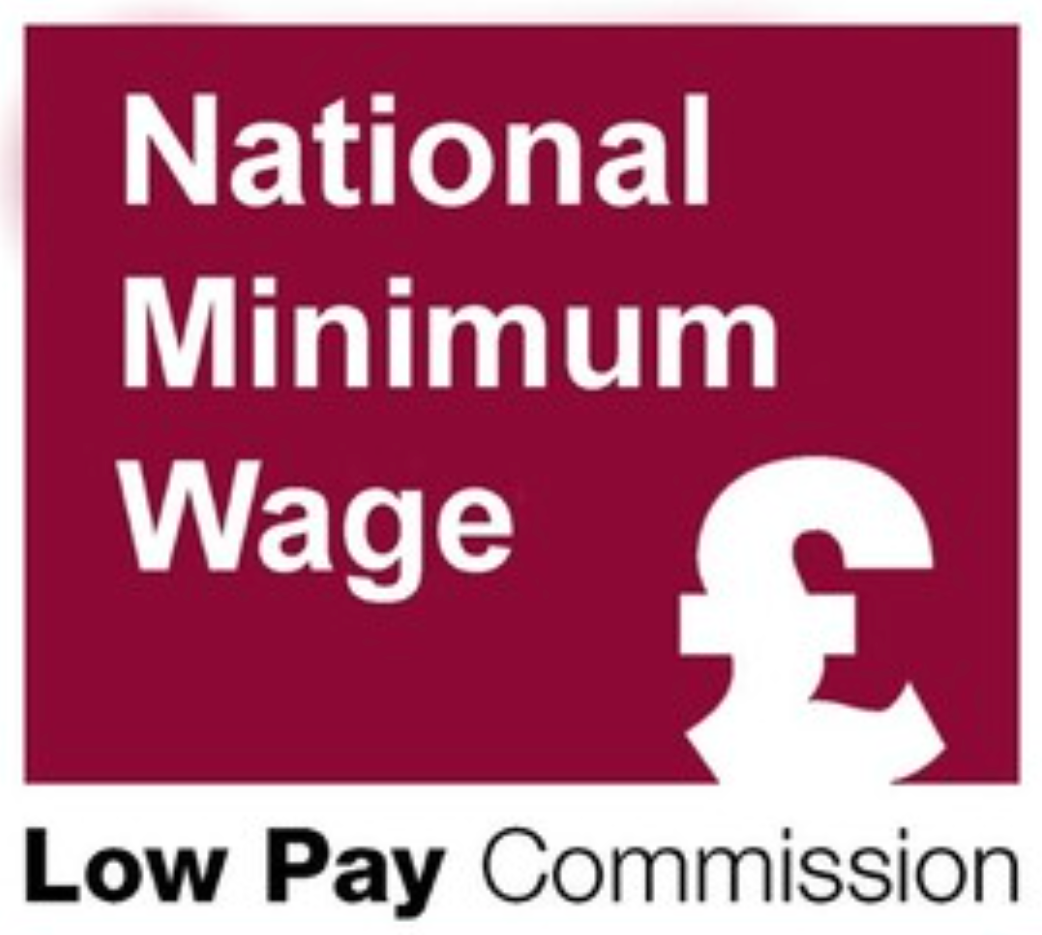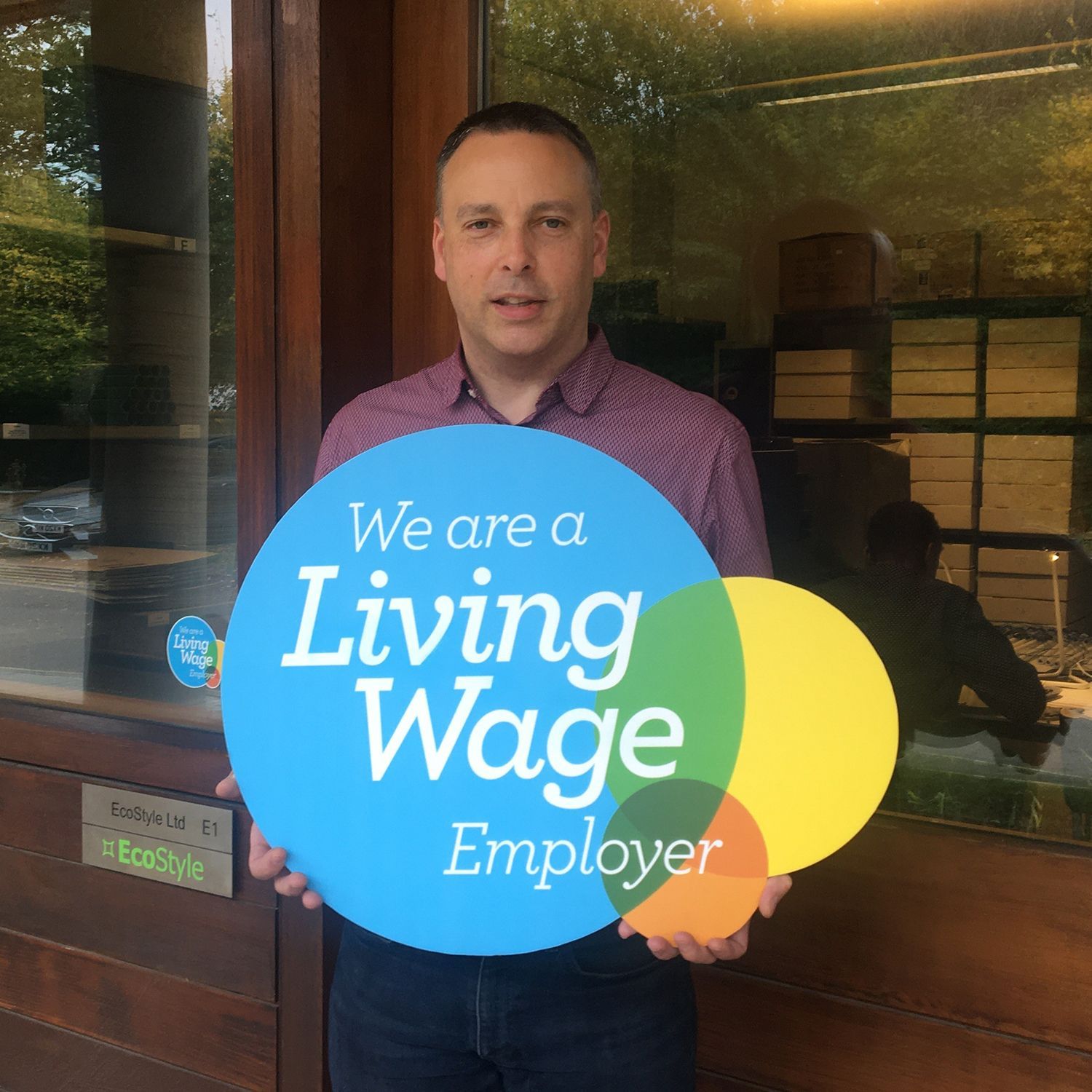Pay boost for 1.6 million UK workers. Minimum wage up nearly 10% from April 2024

The UK government has recently announced the largest cash increase to the National Living Wage (NLW).
From April 2024, the National Living Wage, effectively the minimum wage for 21 year olds and over, will increase by 9.8% to £11.44.
The other National Minimum Wage (NMW) rates for under 21 year olds and apprentices will also increase, as shown below.
New minimum hourly pay rates, effective 1 April 2024:
| National Minimum Wage | 1 April 2024 | Increase | % |
|---|---|---|---|
| 21 Year Olds + (NLW) | £11.44 | £1.02 | 9.8% |
| 18-20 Year Olds | £8.60 | £1.11 | 14.8% |
| 16-17 Year Olds | £6.40 | £1.12 | 21.2% |
| Apprentice Rate | £6.40 | £1.12 | 21.2% |
Source: Gov.uk
The UK’s National Living Wage increase is a welcome boost for 1.6 million workers who are paid at or below the current minimum wage. The Department for Business and Trade also estimates that 2.7 million workers will benefit directly from this increase.
The UK government has pledged that the National Living Wage should be 2/3rds of average
median earnings. The new hourly rate of £11.44 for 21 year old and over is forecasted to meet this pledge by April 2024.
How are these minimum pay rates determined?
Every year the government reviews recommendations from the Low Pay Commission (LPC).
The LPC is 'an advisory non-departmental public body, sponsored by the Department for Business and Trade' - essentially independent from government and not subject to any political sway.
Currently the LPC has eight commissioners (usually nine) representing employers, workers and independent experts.
Supported by a team of economists, analysts and policy experts, the LPC gathers evidence, such as:
- Pay data (wage growth)
- Economic data (GDP growth)
- Current concerns of low paying industries & SMEs (rising prices, debt, labour costs)
- Inflation
- Labour market (vacancies)
- Number of jobs paying the minimum wage
- Employer concerns on how a raise of NLW impacts their higher paid jobs
- Challenges faced by workers on the minimum wage
The LPC reviews all the available evidence and makes their recommendations to government. This takes into account the views of employers and workers, as well as the government’s aim that the National Living Wage should be 2/3rds of average median earnings.
The LPC has produced a summary report that is worth reading (here). It highlights the evidence that influenced their latest minimum wage recommendations.
I've heard of the real Living Wage, what's the difference?
The government uses the following two terms:
National Minimum Wage (NMW) - This is the minimum pay per hour most workers are entitled to, based on age and whether their an apprentice.
National Living Wage (NLW) - This is specifically the national minimum wage for workers aged 21 and above from 1 April 2024. Until then this applies to workers aged 23 and over.
These are both statutory and are the legal minimum pay rates that employers need to pay.
However, you may have heard of the real Living Wage. This is unrelated to the government and is a voluntary hourly pay rate set by the
Living Wage Foundation.
Comparison to the real Living Wage
Although the government sets the legal minimum hourly rates that employers must pay, it's also been shown that this is not high enough for many people to live on.
Citizens UK, a registered charity, runs the Living Wage Foundation initiative.
Its aim is to calculate what the 'real' minimum wage should be, taking into account living costs. Employers of all sizes are encouraged to sign up and pledge to pay no less than this real Living Wage. Over 14,000 UK businesses have already signed up and are voluntarily paying this higher wage rate.
Unlike the statutory rates which apply to the whole of the UK, the real Living Wage has two rates:
- £12 per hour outside of London
- £13.15 in London
These real Living Wage rates are independently calculated annually by the Resolution Foundation.
The voluntary real Living Wage applies to all workers aged 18 and over, unlike the statutory National Minimum Wage which varies based on age.
Being a real Living Wage employer does come with higher wage costs. However, the Living Wage Foundation highlights
many benefits experienced by accredited companies, surveyed in 2021 by the Cardiff Business School. Benefits included improved company reputation and better recruitment of staff.
Simon Hall, managing director of EcoStyle Ltd
Spotlight on a real Living Wage Employer
A company that has been an accredited real Living Wage Employer since 2015 is EcoStyle Ltd, based in Luton, Bedfordshire. EcoStyle designs and manufactures interactive educational models to teach about renewable energy, water efficiency and surface water management.
Simon Hall, EcoStyle’s founder and managing director, explains: “An organisation’s most important asset is its people, and paying the real Living Wage is one way that we can demonstrate our gratitude for their effort and commitment to the business.
While the government’s recent increase in the national living wage is a step in the right direction, I believe that this is still not enough. Until the national living wage reaches the level that is really needed by workers, the real Living Wage administered by the Living Wage Foundation will continue to help employers bridge this gap.”
Are you being paid less than the National Minimum Wage?
If you think you are, please check out
Citizens Advice's website for helpful guidance on what you can do. You can also find your local Citizens Advice office on their website.
Was this article helpful? Share with friends and family
Subscribe today to join our exclusive Stepsave community and receive our Money Uncovered newsletter!







